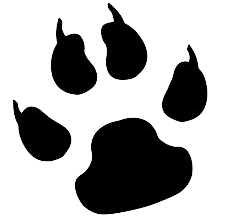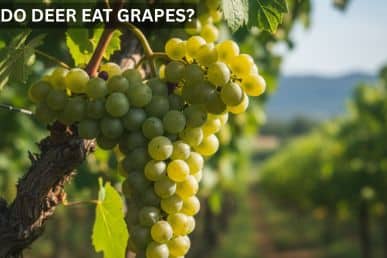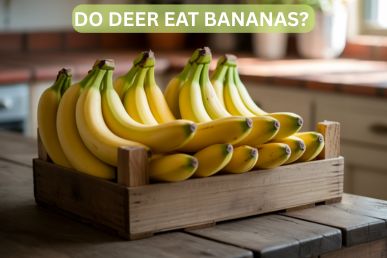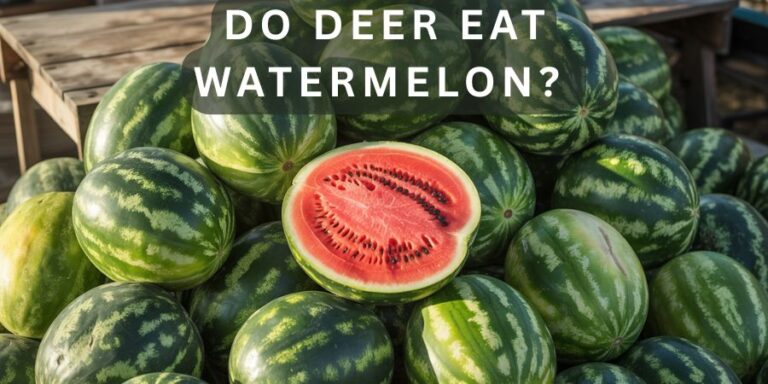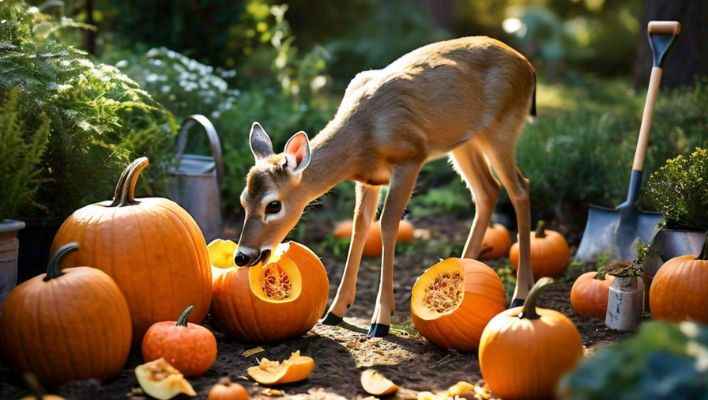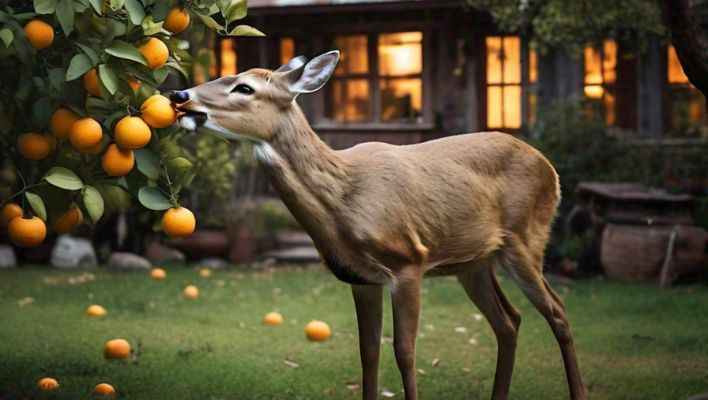Do Deer Eat Peanuts? Is Feeding Deer Peanuts a Good Idea?
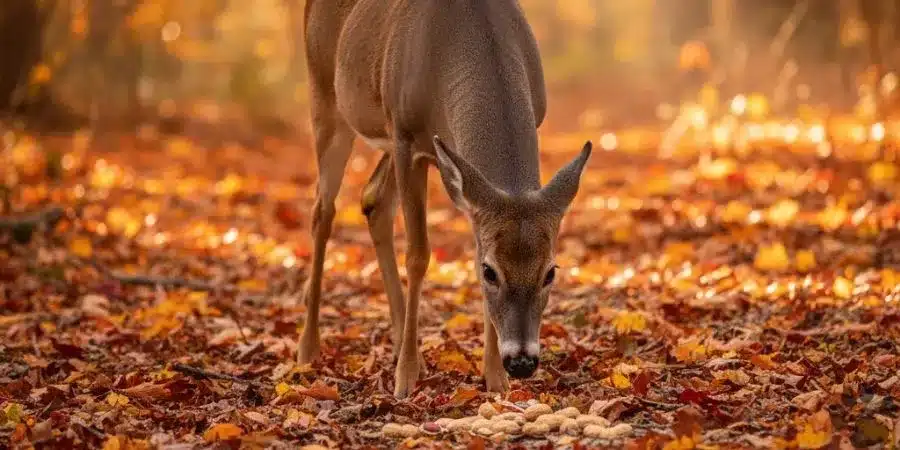
If you’re trying to attract deer, feed them safely, or protect your peanut crops, you might be wondering — do deer eat peanuts?
Yes, deer do eat peanuts — and they love them. Peanuts are packed with nutrients that make them highly appealing to deer, especially in the fall and winter.
In this article, you’ll learn why deer are attracted to peanuts, how to feed them responsibly, how peanuts affect their behavior, and how to protect your crops if needed.
Why do deer eat peanuts?
Deer love to eat peanuts, whether they are in the shell or out. Peanuts are nutritious, and during the cold months, deer need food that will keep them warm and healthy, as well as provide energy.
That’s why deer love to eat peanuts, especially in the fall and early winter. Peanuts and other nuts, such as acorns and pecans, also provide deer with protein, healthy fats, and other essential nutrients, helping them stay strong.
But remember that deer don’t just eat peanuts; they can also damage the peanut plant itself, such as the vines and leaves. This clearly means that if a farmer is considering growing peanuts, they should be aware that deer can damage and even eat not only the nuts but also the entire peanut plant.
Due to this behavior of deer, many farmers face difficulties in saving their peanut crops, which causes them a lot of losses. Therefore, the best advice is to avoid cultivating peanuts in areas with a high deer population.
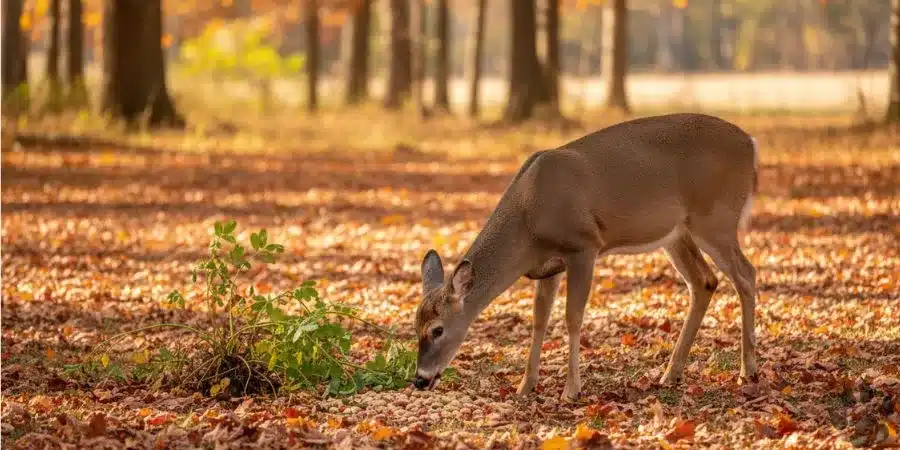
How to protect peanut crops from deer?
Whenever you see deer near your peanut crop, you should take the following steps according to the situation:
Install Proper Fencing
Whenever it comes to protecting crops from deer, the first thought that comes to mind is to build a fence. But let me tell you here that deer jump quite high, so if your fence is less than eight feet, it may not be effective in protecting your crops.
The higher the fence, the less chance there will be of deer damaging your peanut crop. In addition to erecting high fences, there is another solution, and that is the use of electric fencing or angled fence designs that prevent deer from climbing or jumping.
These fencing methods help ensure your peanut plants stay safe and undamaged.
Alternate Deer Deterrents
If you want to keep deer away from your plants without spending a lot of money, then you should use visual and noise-based deterrents such as reflective tape, scarecrows, or motion-activated sprinklers.
But over time, deer become accustomed to all of these things, and these things become less effective at keeping deer away. To maintain the fear of these things, you should use different devices; for example, use one device for a day or two and then change it.
Doing this will frighten the deer and keep them afraid of these devices, and keep them away from your peanut crop.
Plant Deer-Resistant Crops
If you really want to protect peanut plants from deer, you should plant deer-resistant crops around them, such as rhubarb, foxglove, and bleeding heart. Deer don’t like these plants very much, and they act as a natural barrier to keep deer away from the peanut plants.
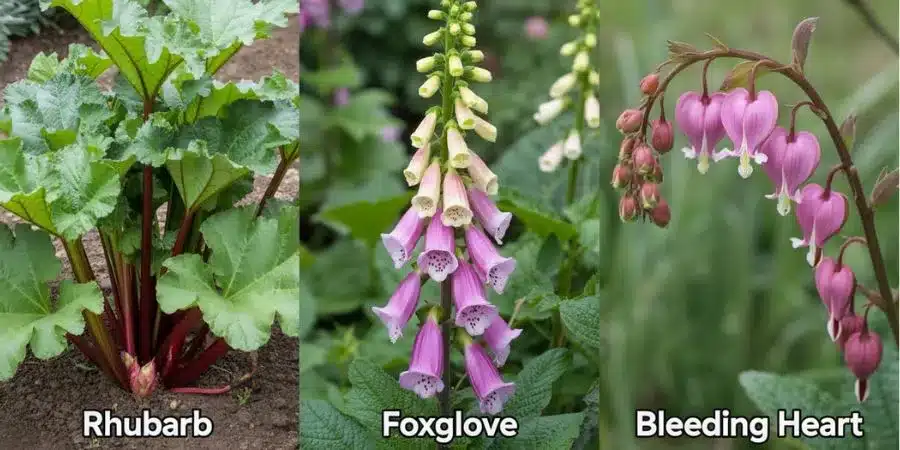
By using these plants, you should never assume that deer will never come there. Rather, using them can make the area less inviting to deer and reduce the chances of deer damaging your important crops, such as peanuts.
If you plant peanut plants within the border of these plants, they will get an extra shield to protect them from deer.
Use Deer Repellents
Using deer repellents can also be an easy and safe way to keep deer away from your peanut crop. Some major brands of sprays or granules are effective at keeping deer away.
When we use these products on peanut plants, deer don’t like to eat them because these products contain natural ingredients that deer find very unpleasant to smell and taste.
And the important thing here is that these repellents are safe for people, pets, and even other plants, and if used properly, they can be effective for a long time.
Planting peanuts to attract deer
Peanuts as Food Plots for Deer
As I told you earlier, deer love peanuts, and this can be a serious problem for farmers, but on the other hand, some people grow peanuts just because they want to attract deer, and such activities are usually carried out by hunters or wildlife watchers who want to bring deer to a particular area.
This method works very well to attract deer, especially whitetail deer, as whitetail deer love to eat every part of the peanut plant. If someone wants to plant peanuts as part of a food plot (a small area of land planted with crops to attract and feed wildlife), the best time to plant them is around early May.
This hobby of attracting deer can be very expensive and labor-intensive, so I think easy and cheap options like clover or brassicas (like turnips, radishes, or kale) should be considered because these crops are very easy to grow, and you can attract deer effectively through them, too.
Nutritional value of peanuts for deer
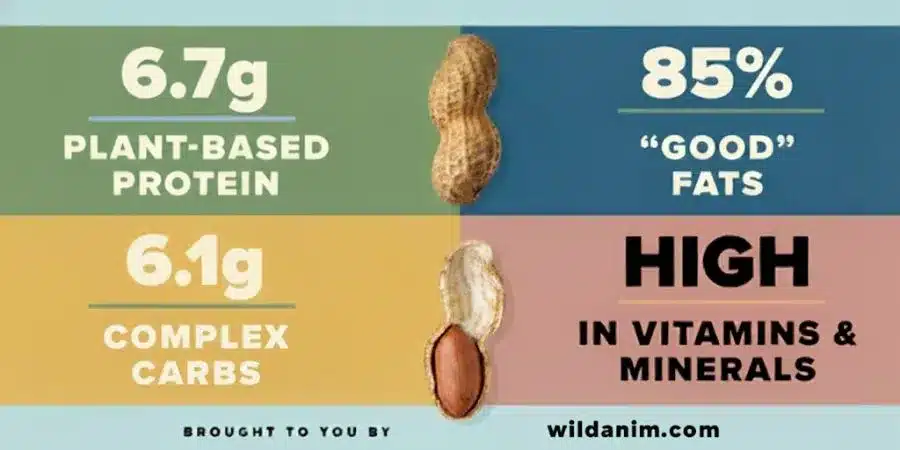
What Makes Peanuts a Healthy Snack for Deer?
While peanuts are a delicious snack for deer, the important nutrients they contain help deer stay healthy and strong. The proteins in peanuts help deer build muscle and restore energy, especially for young deer and bucks after the mating season.
The fats and carbohydrates in peanuts provide deer with energy to stay warm and survive, especially in winter. Along with this, peanuts also contain a lot of vitamins and minerals that play an important role in maintaining the deer’s digestive and immune systems.
Deer need extra energy during the fall and winter months, which is why we often see deer searching for peanuts during these months to help them get their bodies through these harsh months.
Feeding peanuts to deer safely
Safety Considerations When Feeding Peanuts to Deer
Whether you are in the wild, in your backyard, or in a food plot set up for deer, you should always take care to ensure the safety and health of the deer while feeding them peanuts. To do this, you need to follow the following guidelines:
- Keep Peanuts Clean: Avoid using contaminated or low-quality peanuts, as they can make deer sick. Instead, always prefer fresh and clean peanuts that are free from any dust and chemicals, such as pesticides.
- Feed in Moderation: Remember that peanuts should not be the main food source for deer, but always offer them as a treat. If deer eat too many peanuts, they may experience digestive problems and nutritional imbalances.
- Provide a Balanced Diet: The fat and energy contained in peanuts provide great help to deer during the winter season. However, deer’s diet consists of grass, leaves, and fruits, and peanuts can occasionally be added to this diet in small quantities.
- Watch for Reactions: It is rare that peanuts have had any negative effects on deer. However, if you are feeding peanuts to deer in an environment where you have control over the situation, monitor the deer’s behavior after feeding peanuts and stop feeding peanuts if it appears to be in any discomfort.
Attracting deer with peanuts
Using Shelled Peanuts to Bring Deer Closer
The smell of shelled peanuts is very strong, and their high nutritional value, especially protein content, plays an important role in attracting deer. When the scent of shelled peanuts wafts through the air, nearby deer reach for it and enjoy a nutritious, tasty treat.
Because of this weakness of deer to shelled peanuts, deer hunters, wildlife photographers, and nature enthusiasts often include shelled peanuts in their strategy when they want to bring deer closer to them. Shelled peanuts can be used in various ways to call deer, such as:
- Peanut butter smeared on tree lids or bark
- Solo cups filled with peanut butter or crushed peanuts are placed out in the woods.
Many hunters and wildlife enthusiasts gain access to deer by using shelled peanuts, which is why peanuts are a great option for watching or hunting deer up close.
Using unshelled peanuts for feeding
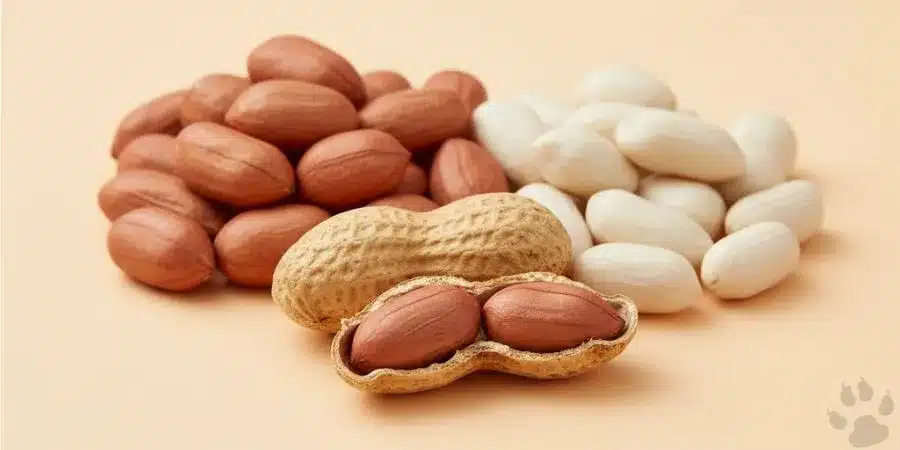
Benefits of Feeding Deer Unshelled Peanuts
Unshelled peanuts are a natural and nutritious snack for deer, and if you want to supplement deer’s diet, using shelled peanuts is an easy and effective way to do so.
The fiber in the shells improves the deer’s digestive and overall health, while the peanut kernels inside the shells play an important role in maintaining the deer’s energy levels due to their fat and calories, especially during cold winter months.
Additionally, you can use unshelled peanuts to attract deer to your food plots or backyards at no cost, and that’s why many wildlife watchers and land managers choose them.
How do peanuts affect deer behavior?
Peanuts are highly nutritious and act as a strong attractant for deer, which can cause deer to change their habits by abandoning their usual food.
For example, when you give peanuts to a deer, it will abandon its usual food and come to you every day because it has in its mind that it will get peanuts from your house. Due to this behavior of yours, peanuts have a negative effect on the deer.
One disadvantage of this move is that deer will like to stay close to your house, which can cause various problems, such as damaging other plants and fruits in your garden. In addition, they may be less dependent on their natural food sources.
The deer population in the USA is high, and people often create food plots for deer there. These changes in deer behavior can be seen more often there. So understand these effects and monitor them.
Anything that is not naturally found in the wild but deer get from you, give it in small amounts, but do not encourage it in this case as it can affect the deer’s overall diet and potentially harm the local ecosystem.
